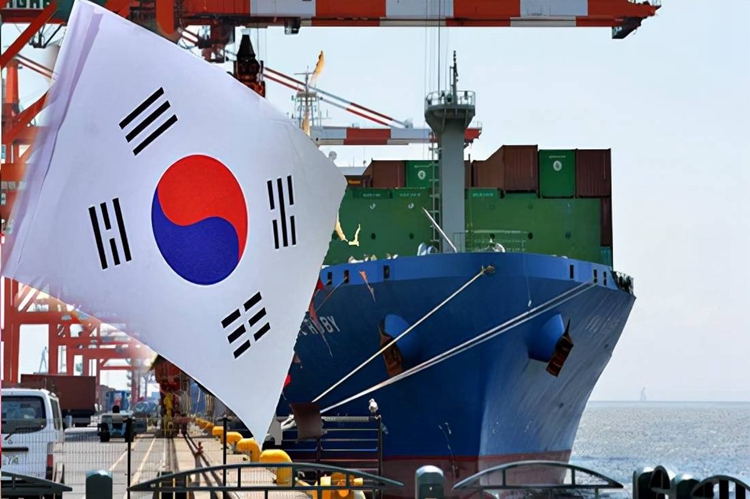Yonhap News Agency cited South Korea's Customs Office as saying on the 5th that in the first three quarters of this year, Chinese companies have grown rapidly in South Korea's cross-border e-commerce online shopping market, with a market share of nearly 50%.
According to the Korea Customs Office, the value of South Korea's cross-border e-commerce online purchases from the first quarter to the third quarter of 2023 was 4.792826 trillion won (about 26.62 billion yuan), a year-on-year increase of 20.4 percent, the report said. In terms of transaction targets, the U.S. accounted for 1.392878 trillion won, or 29.1 percent, while China accounted for 2.2217 trillion won, or 46.4 percent. The report added that in the first three quarters of this year, the amount of Chinese goods seafood purchased by South Korean consumers jumped 106 percent year-on-year, much higher than the U.S. increase of 9.7 percent.

Yonhap explained that the rise in the position of Chinese companies in South Korea's cross-border e-commerce online shopping market is closely related to the rapid development of Chinese e-commerce companies. For example, Alibaba's Global Sizzler entered the South Korean market in 2018 and quickly increased its market share thanks to its price advantage. As of September this year, the number of Korean users of the Global Sizzler app was 5.45 million, a 2.6-fold increase from September 2020 (1.52 million), according to relevant statistics. Temu, a cross-border e-commerce company owned by Pinduoduo, has also seen significant growth in the Korean market, with the number of Korean users of Temu increasing from 520,000 to 1.7 million from August to September, the report added. South Korea's "etoday" news network said on the 5th, Temu to "like a billionaire shopping bar" slogan as a feature, attracting a large number of South Korean customers in pursuit of cost-effective.
"etoday" news network reported that Chinese companies in South Korea's cross-border e-commerce online shopping market to improve the convenience of the South Korean consumer demand for clothing has increased dramatically. In the past, South Korean consumers usually chose to buy so-called "bonded clothing" from Dongdaemun or local online stores. But with Alibaba's strengthening of its fashion category this year, designs similar to Korean clothing can be purchased on Chinese e-commerce platforms for almost half the price or less. According to Korea's Daily Economy, the largest share of goods purchased directly from China by South Korean consumers in the third quarter of this year was apparel, which accounted for 56.43 percent of overall spending.
The Daily Economy said that some analyses suggest that the success of China's cross-border e-commerce online shopping market is linked to the frustration of South Korean consumers with South Korea's online shopping platforms. A woman in her 20s living in Eunpyeong-gu, Seoul, reportedly said, "I was shocked that the bonded T-shirt I bought in Korea a month ago for 20,000 won was only about 7,000 won on the Chinese website."

